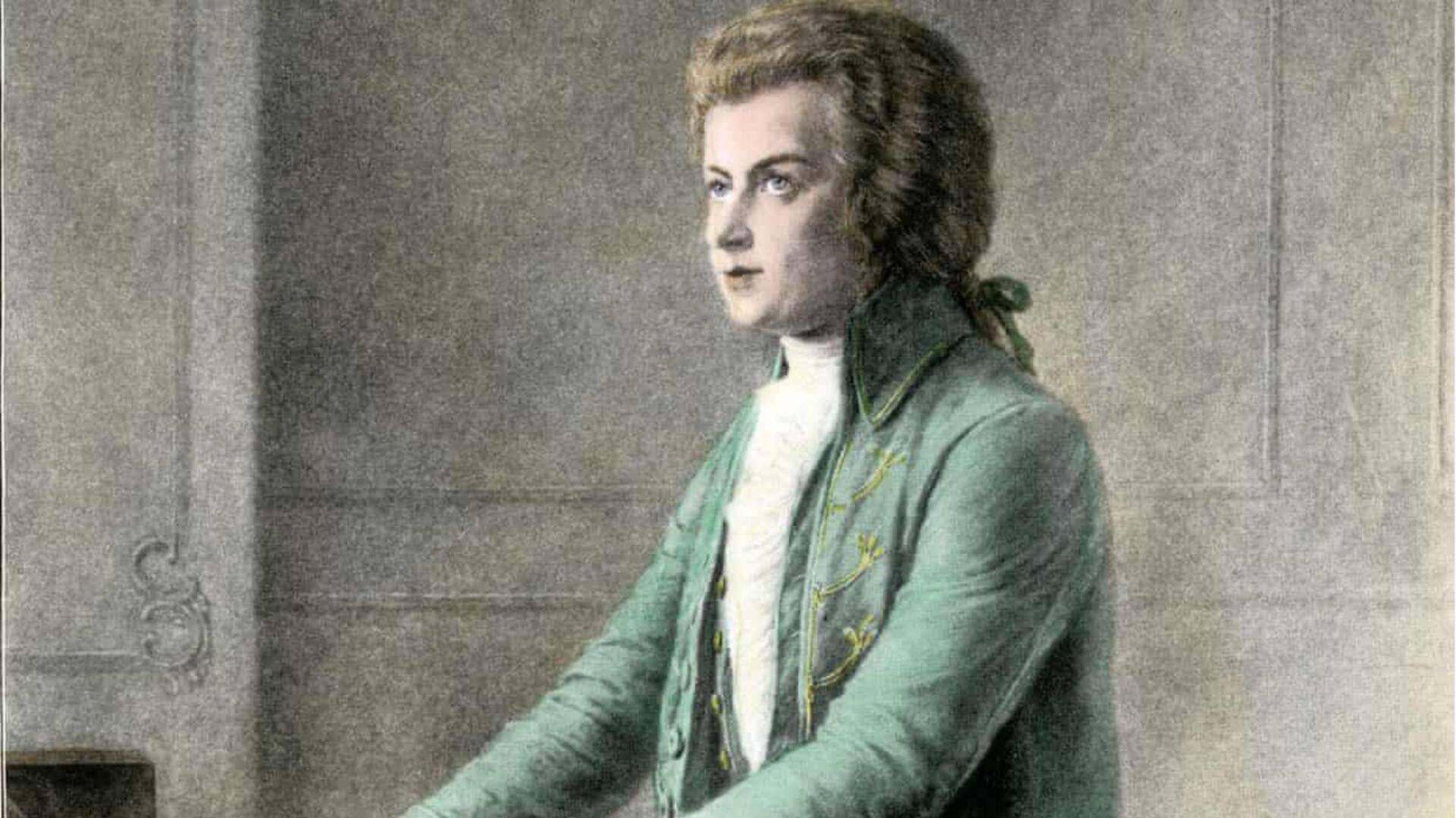
Unknown Mozart compositions from his teens discovered in Germany
What's the story
A previously unknown composition by Wolfgang Amadeus Mozart believed to be from his early teenage years, has been discovered in a library in Germany. The Leipzig Municipal Libraries revealed that the piece, which dates back to the mid-to-late 1760s, is made up of seven miniature movements for a string trio and lasts around 12 minutes. The discovery offers new insights into the young composer's work.
Discovery details
Discovery made during the compilation of Koechel catalog
The unknown Mozart composition was found in the city's music library by researchers who were working on the latest edition of the Koechel catalog. This catalog serves as the definitive archive of Mozart's musical works. The manuscript, however, was not written by Mozart himself. Researchers believe it to be a copy made around 1780. To note, Mozart—born in 1756—was a musical prodigy who started composing at an early age under the mentorship of his father.
Performance
Composition performed at new Koechel catalog unveiling
The newly discovered piece, referred to as "Ganz kleine Nachtmusik" in the updated Koechel catalog, was performed by a string trio at the catalog's unveiling in Salzburg, Austria. It is set to have its German premiere at the Leipzig Opera on Saturday. The manuscript is described as having dark brown ink on medium-white handmade paper with individually bound parts.
Significance
Discovery challenges previous understanding of young Mozart's work
Per Ulrich Leisinger of the International Mozarteum Foundation in Salzburg—young Mozart was primarily known as a composer of piano music, arias, and symphonies. This recent discovery challenges that understanding. A list by Mozart's father had hinted at the existence of "many chamber music compositions" by the young artist—which were all presumed lost. Leisinger said, "Since the inspiration for this apparently came from Mozart's sister, it is tempting to imagine that she kept the work as a memento of her brother."